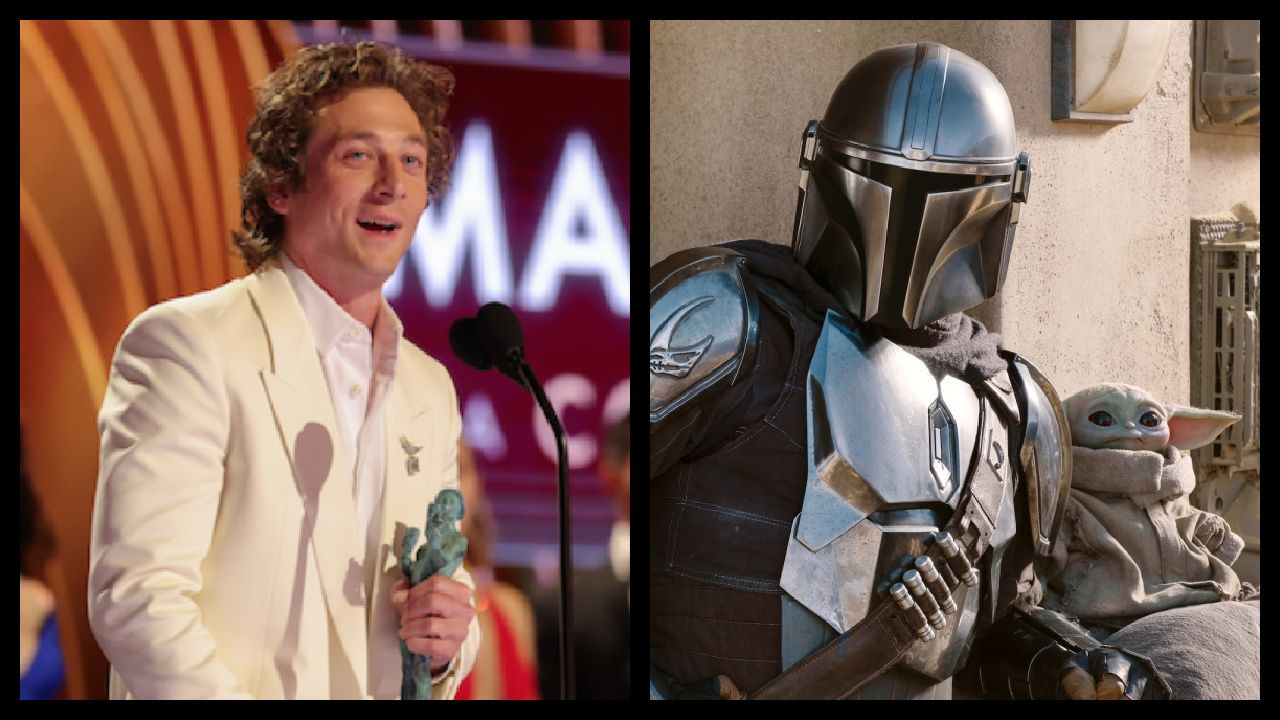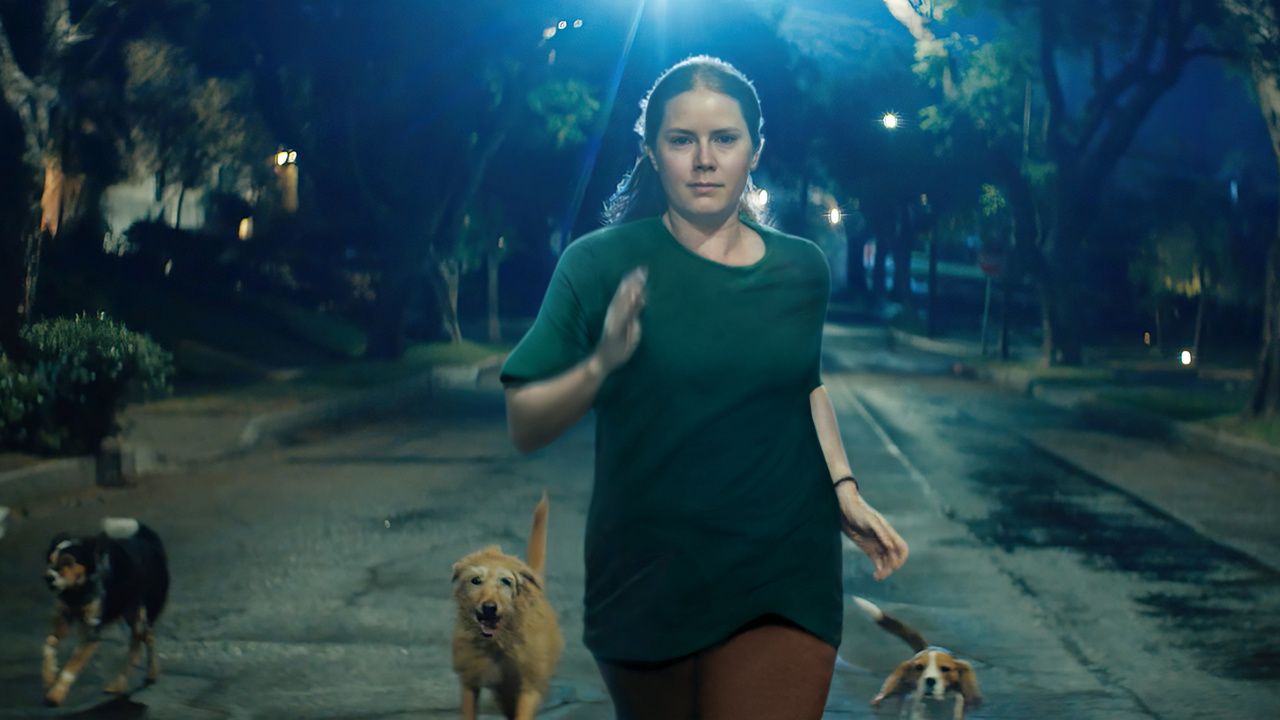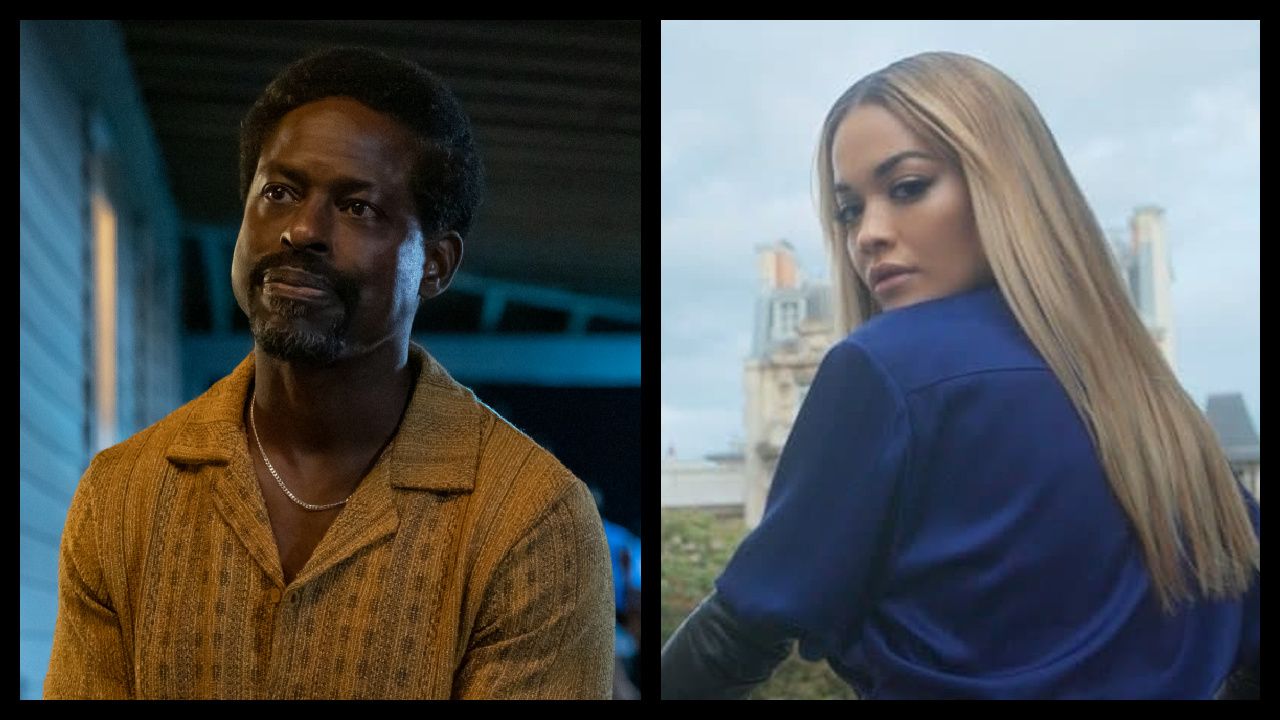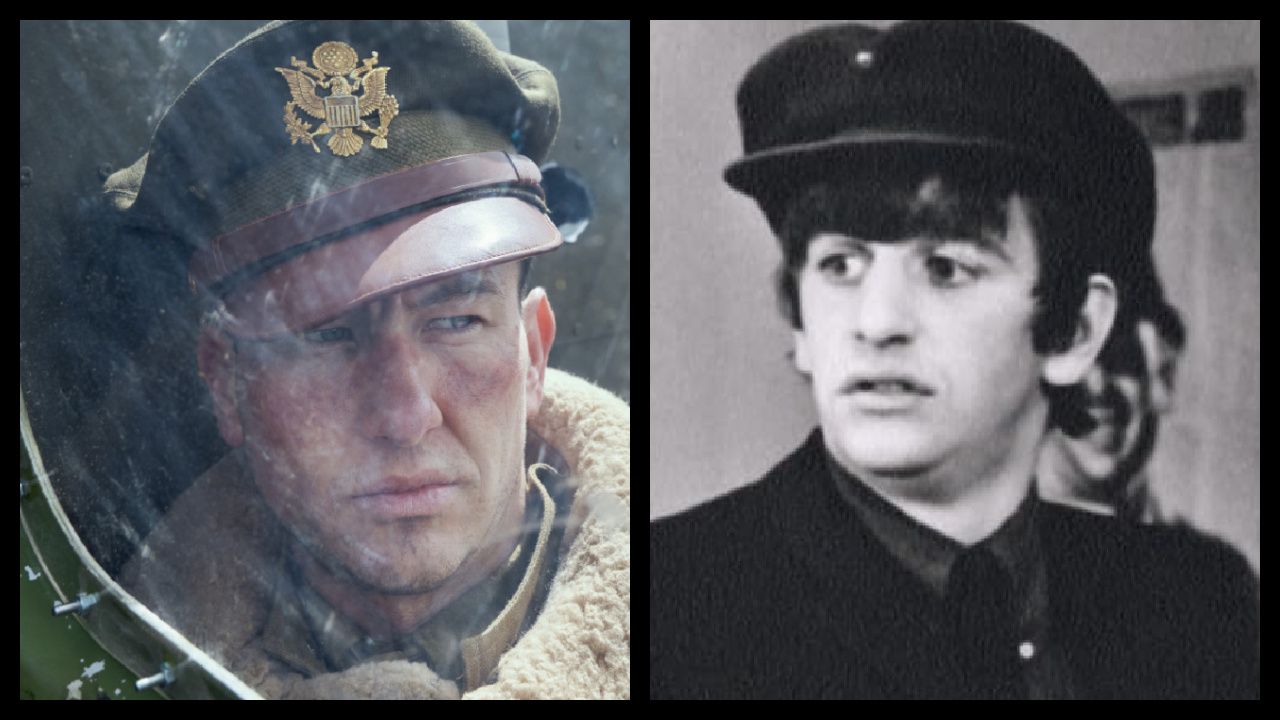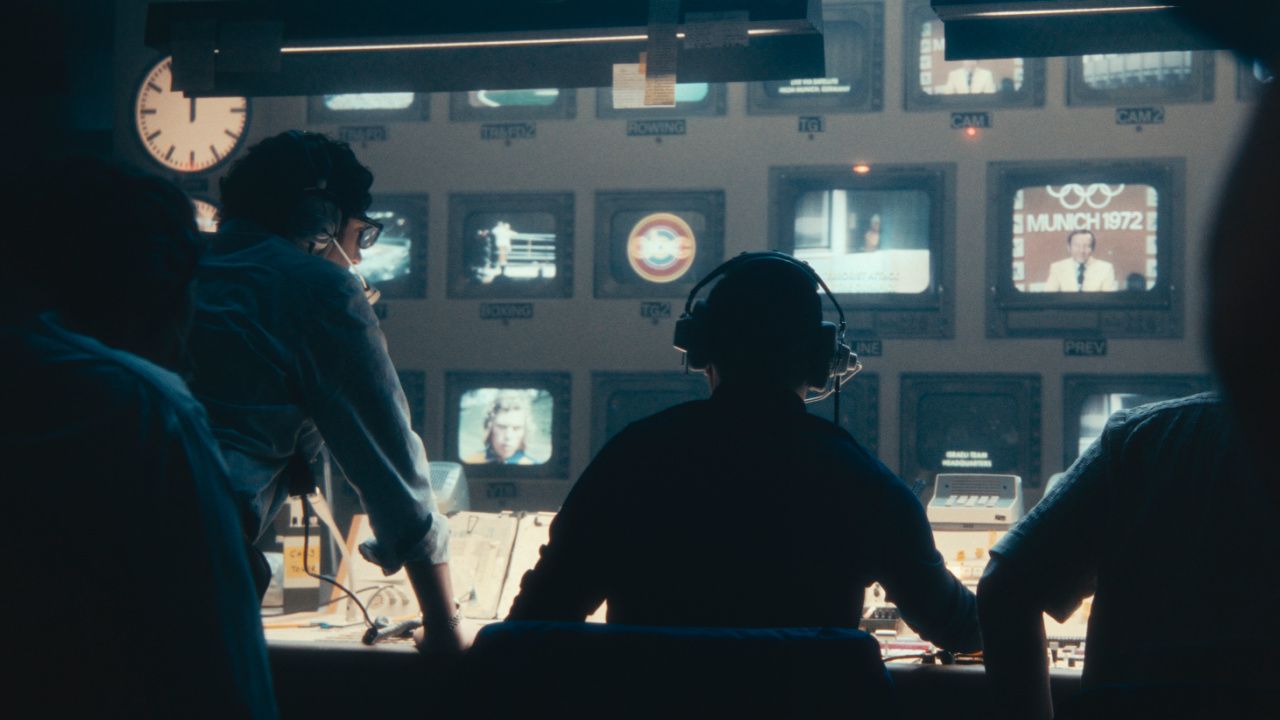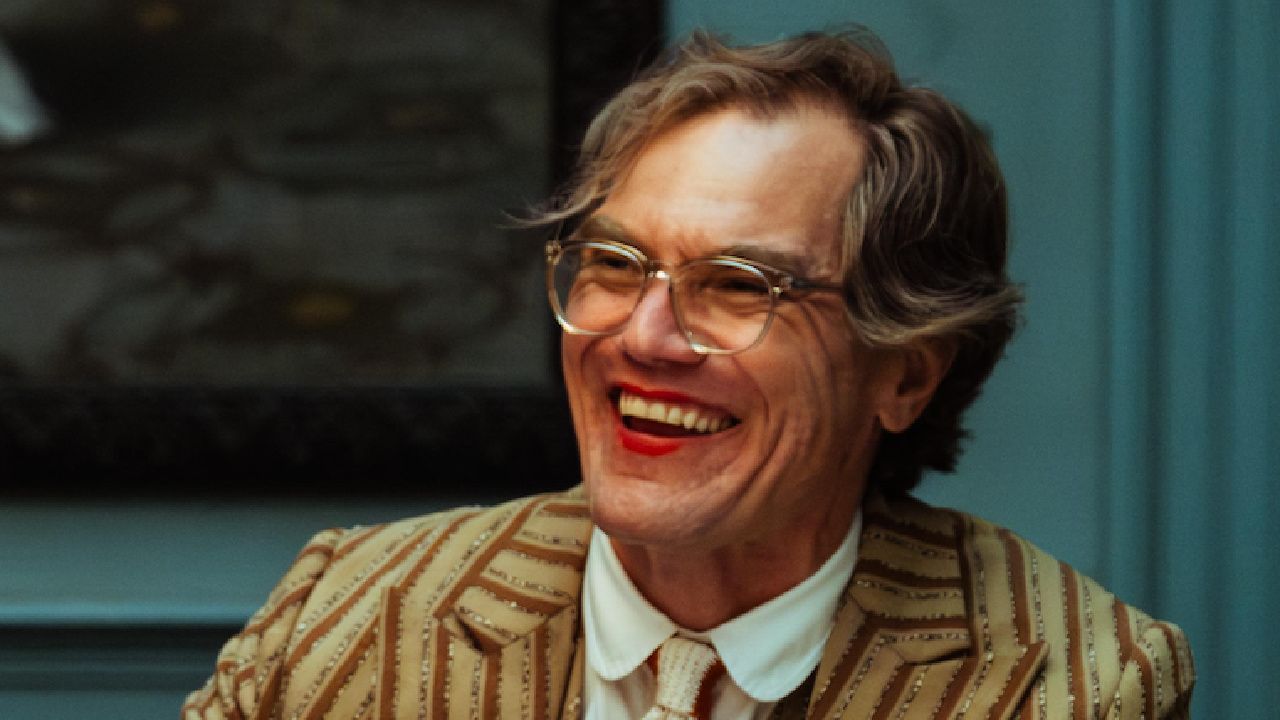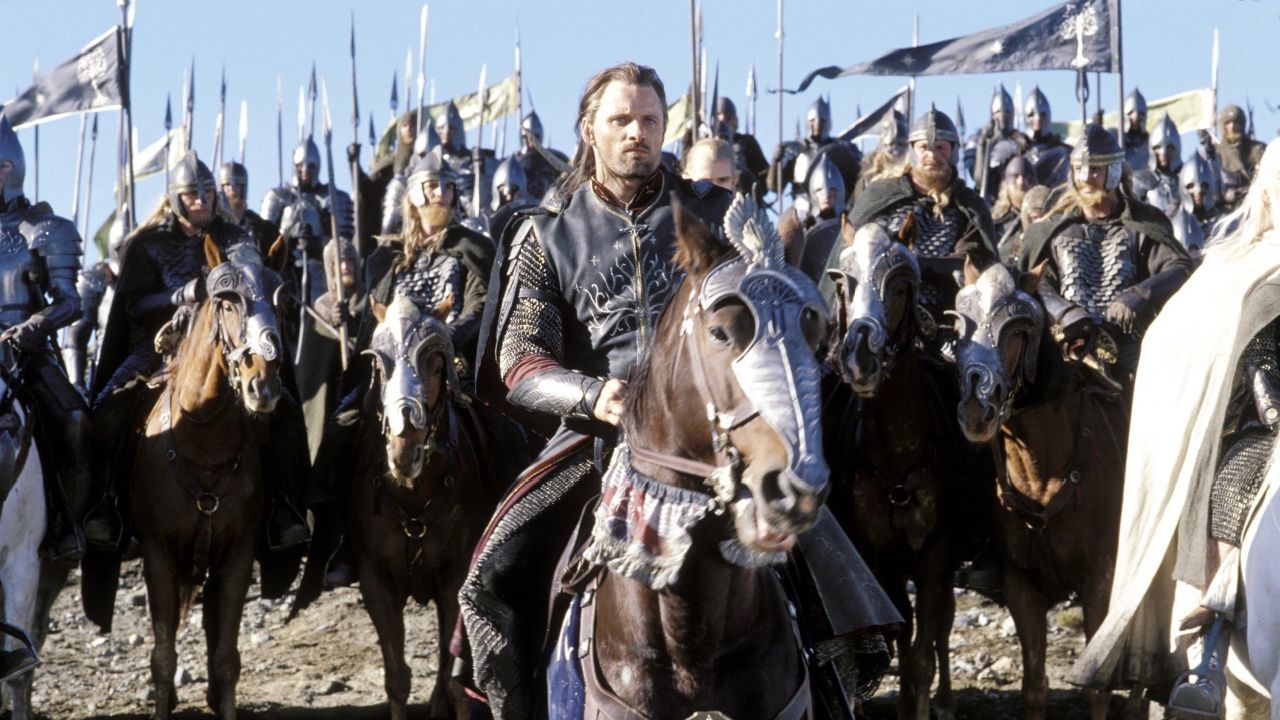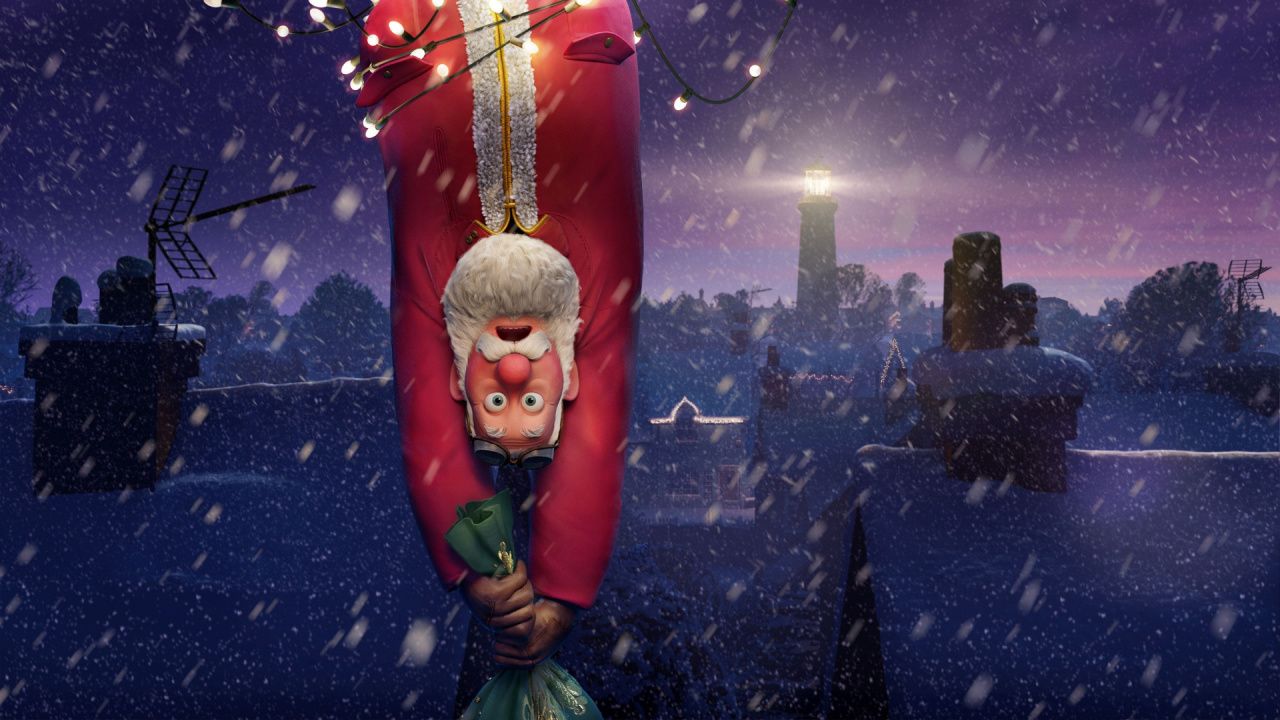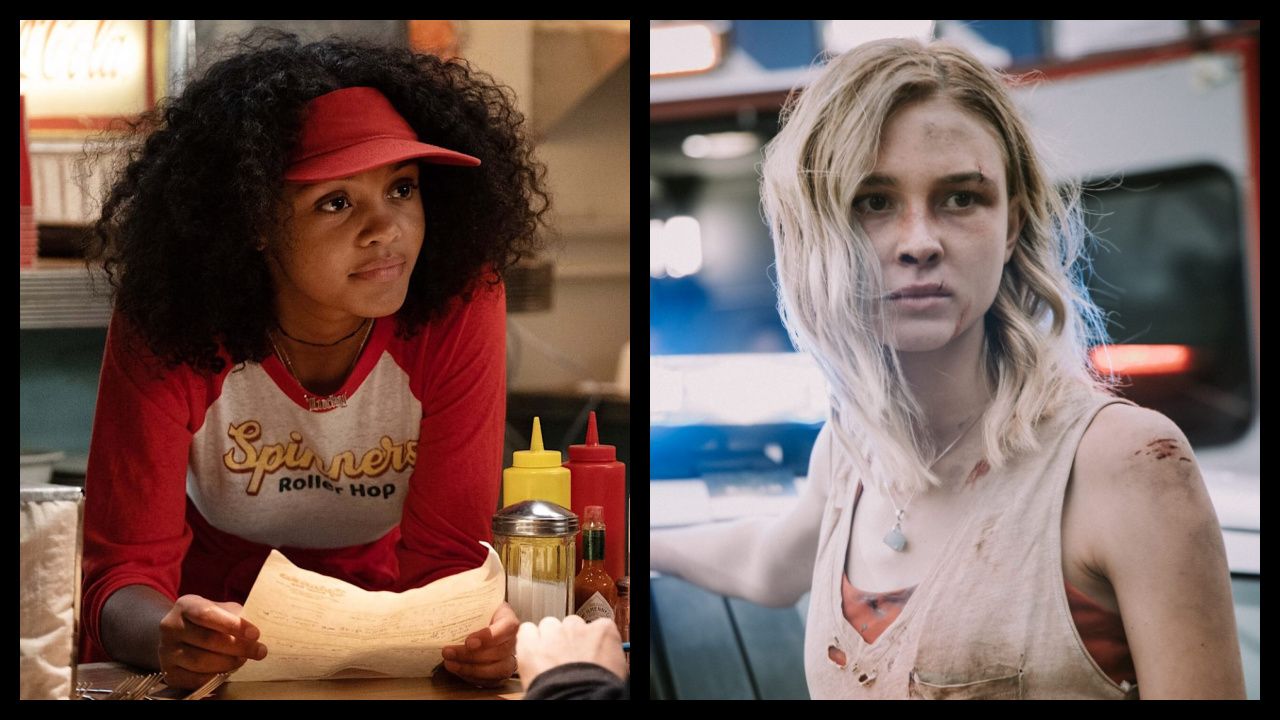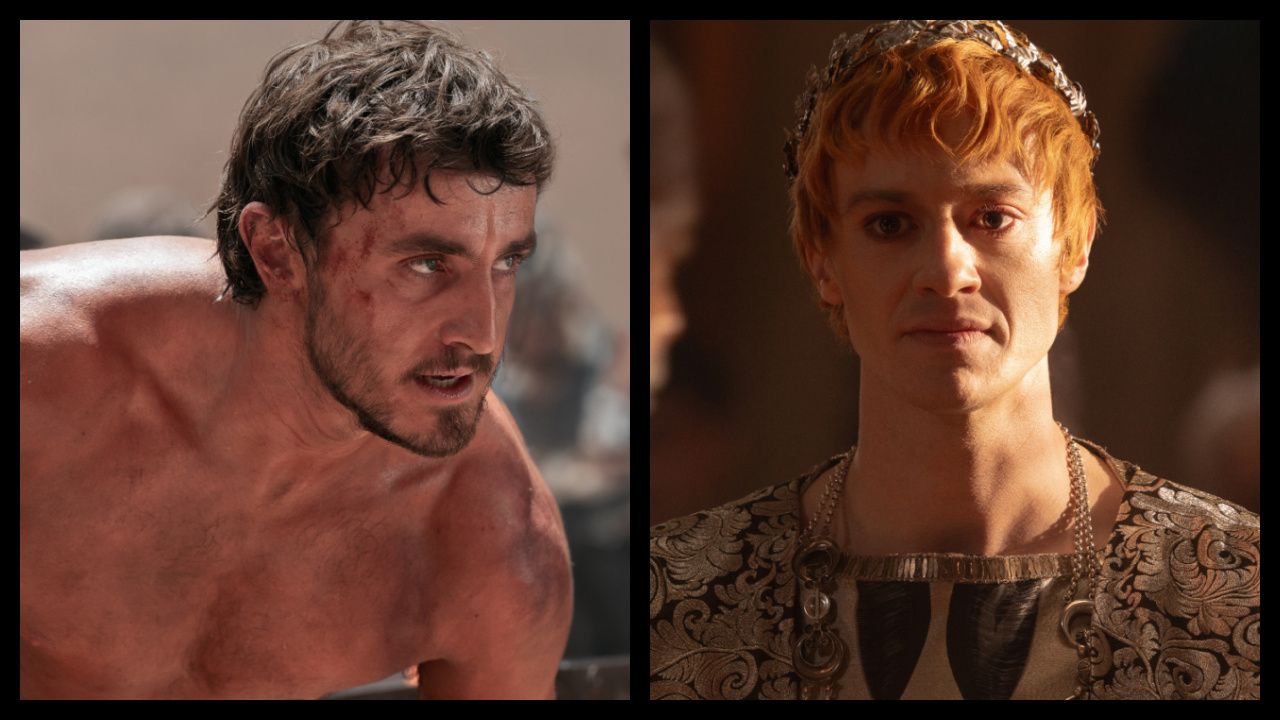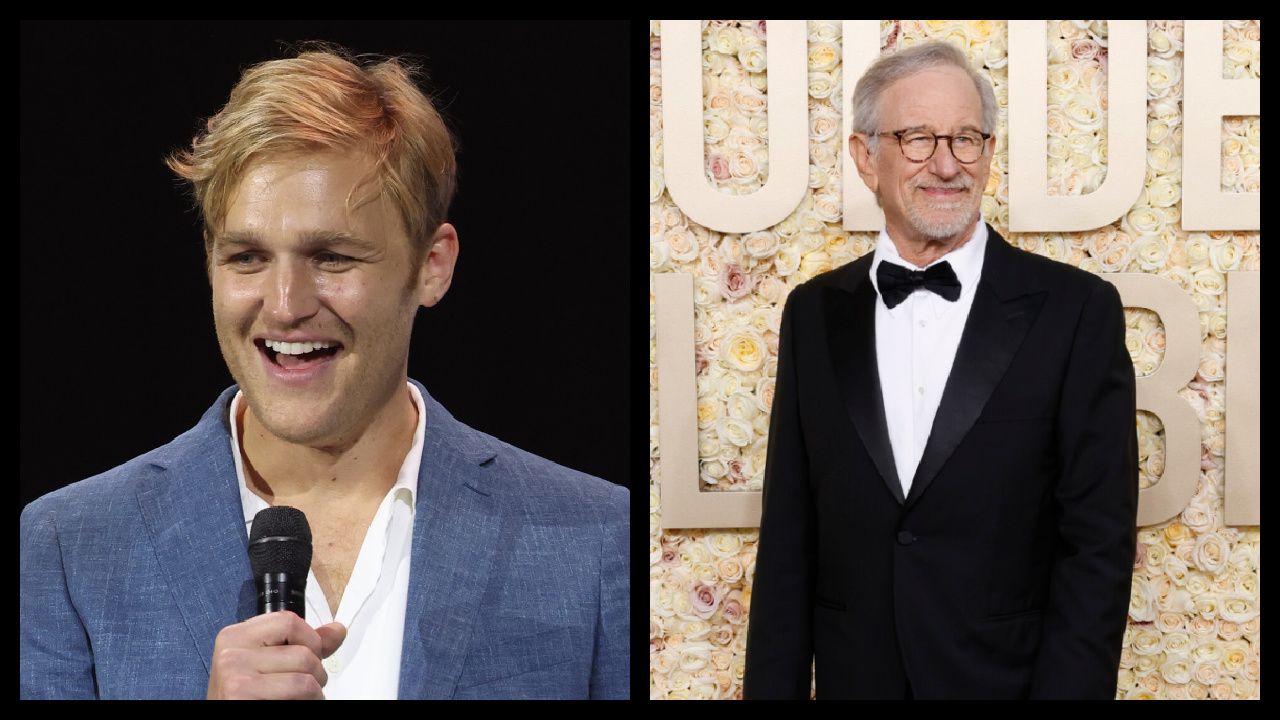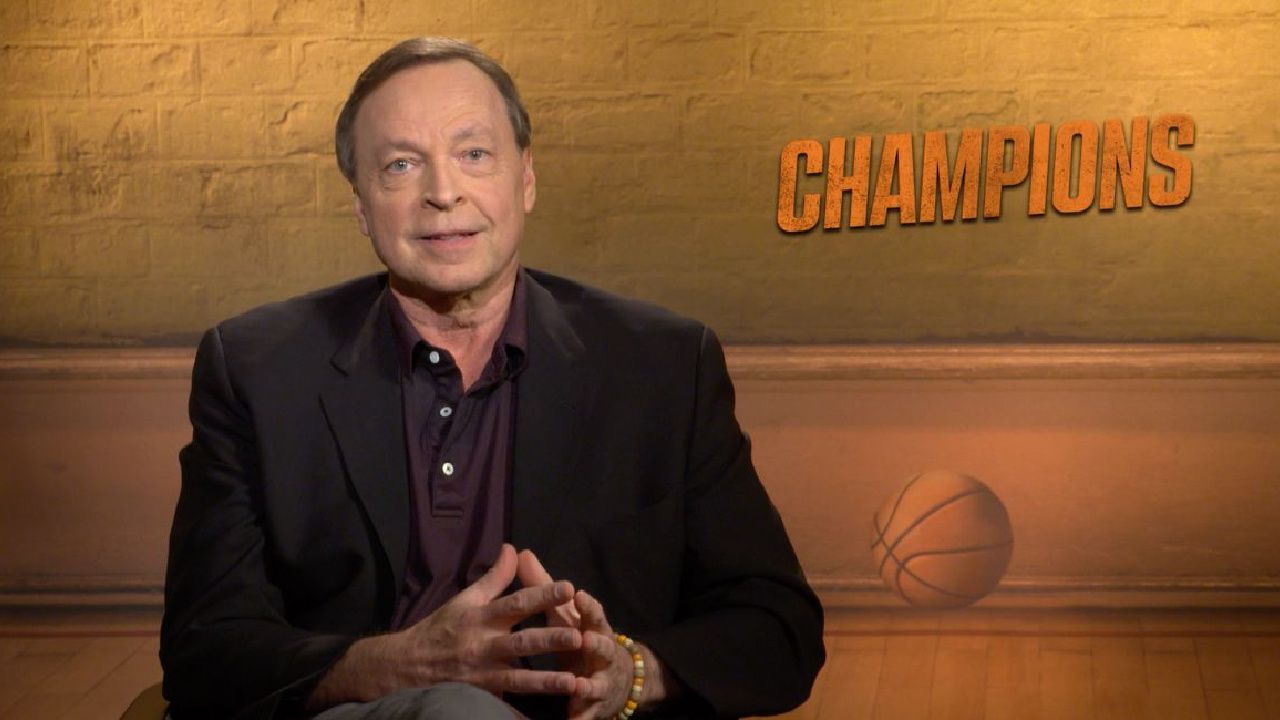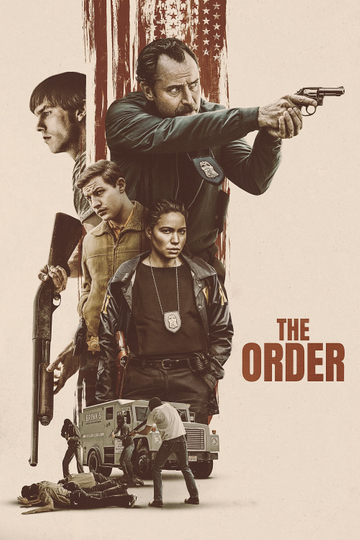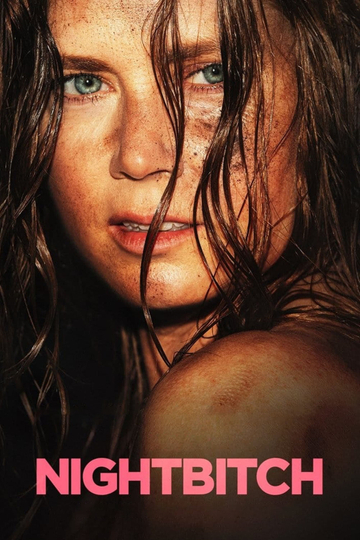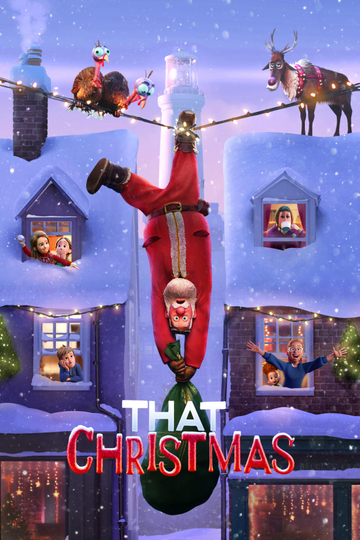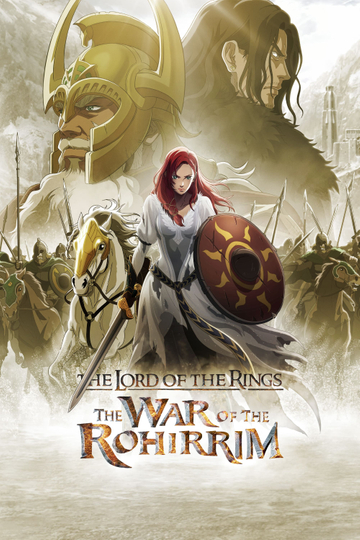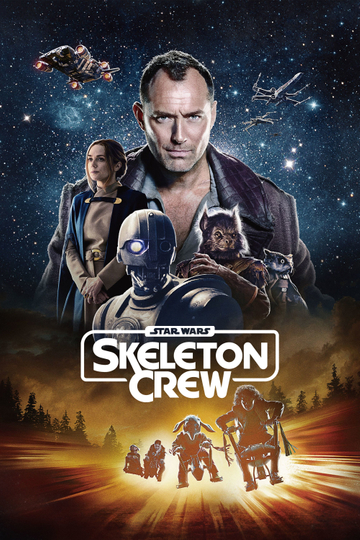Justina Machado Takes It 'One Day at a Time' (With a Latina Twist)
As a member of the cast of HBO's beloved "Six Feet Under," Justina Machado already has a bona fide classic TV series to her credit. Now, she's turning her attention to resurrecting another for Netflix.
Following her stint on USA's telenovela-inspired summer series "Queen of the South," Machado moves from melodrama to mining the sitcom-mentary spirit of one of legendary television producer One Day at a Time." One of Lear's wildly popular comedy series -- along with "All In the Family," "The Jeffersons," "Maude," and "Good Times" -- that ventured into serious social and interpersonal issues, the original explored hot topics of the day, including single parenting, women in the workplace, sisterly rivalry, and other second-wave feminist topics, as well as contemporary spins on classic family clashes.
In the rebooted version -- with Lear, 94, still at the producing helm -- Machado plays Penelope, who, like Bonnie Franklin's Ann Romano, is a single mom to two teenagers (a daughter and a son this time) who's also a Cuban-American and a military veteran, aided -- and often interfered with -- by her live-in mother, played by Rita Moreno.The series -- shot in the once-traditional four-camera format -- promises to dig into today's relevant issues in the same spirit as the original, and, as Machado reveals to Moviefone, she thinks audiences will be as eager to think and feel along with the laughs as they were in back 1975.
Moviefone: When the call that came about this job, it must have been mind-blowing, to a degree. Tell me about when they expressed interest in having you come and try out for it.
Justina Machado: I don't even think they expressed interest for me. It just happened; I got the audition -- I'm on a list, you know what I'm saying? There's people that they'll want to see -- but I don't think ... I had never worked with any of them before. And also, I think a lot of people always think of me as a dramatic actress. So I think it just was that it was meant to be. There was no, like, "We've got to see Justina Machado," you know what I mean? I walked in and it was all meant to be.
How easy was mastering the comedy? Did you know that you could do comedy?
Yes, yes, because it's not set-up, set-up, set-up, joke. That's what's hard for me, when you've got to hit a certain word. And that's all important, but the wonderful thing about this show is that we're not trying to. The writing is so fabulous that it's just funny. It's like everyday funny stuff. We don't have to set anything up. We don't have to look for a joke. It's just, it's great. And we're OK if it's not always funny because it's got a lot of different levels. It's classic Norman Lear: a lot of laughs, a lot of heart, and you're going to talk about important issues.
Yeah, it breathes and it has a pulse.
Yeah, definitely. It's a pulse. Absolutely.
Where did the original "One Day at a Time" fit in your experience? Did you watch it as a kid?
No, I was too young, but I saw reruns. But by the time I saw the reruns, the single mom and all that wasn't as a big deal by the time. It wasn't as groundbreaking by the time. And then I was into like "Growing Pains" and "Family Ties" and stuff like that. But yeah, I've definitely seen reruns.
Did you look at it at all to prep for this?
I did. I did because a friend told me. He was like, "You should look, and look at the essence of Bonnie Franklin." At first I was like, "I don't really want to do that," because I don't want my head to go there. But then I'm so glad that I did because she actually gave me permission to breathe, like you just said. She gave me permission.
I was like, "Oh wow, they had real conversations." That's what's amazing. It's a different show, but it's really kind of similar, with the dialogue, and with the comedy, and with the drama, and with the tone of the show. The tone is really similar.
What were you excited about as far as the topics and the issues you're going to explore -- because that's Norman Lear's trademark? And we're in a great time in television where nothing is really taboo any more. What was fun for you to do, in terms of "Oh, we're going to talk about this thing that nobody's been talking about?"
I love the immigration episode. I love the episode about Cuba, then we also deal with LGBQT. The church episode; I love that episode, the whole thing. But I think the immigration show was a great one. I have this fabulous monologue that they wrote, and everything is put in this monologue, all of this information, and it's not as if I'm preaching. It's not as if any of us are trying to make you understand.
We don't have an agenda. I love that. It's so heartfelt and it's so informative. I think that's probably one of my favorite episodes. We put a face to it. We put a family to it, and a story. It's not cliché, even though it is cliché because we've heard it, but it's not, the way we deal with it.
Do you think that it's time that comedy got back to the kind of material that Norman did so well, which was to look at something from different angles and really talk about something -- with laughs? Because most comedies in the past, I don't know, 15 years, have been about the laughs.
Yeah, yes. I think that it is important because, right now especially, with the climate of everything that's happening, sometimes maybe we can use it, and I don't want to sound arrogant, but maybe change minds. On the show, we all have different opinions, even with the sexism episode. My mother thinks one thing, I think another thing, my daughter thinks another thing, but yet we're all able to talk to each other. And nobody wants to talk to each other any more. Everybody just wants to insult each other, and yell at each other and be mad, and "I'm on this side and you're on that side."
And it's true -- I think Norman said it: people don't want to talk to people who have different opinions anymore. They don't want to do it. When I go to New York I see it sometimes, but they don't want to do it because it's uncomfortable. Nobody wants to be uncomfortable any more, but now what's happening? Now there's a lot of discomfort.
Now it's like people have got to wake up. Every single one of us, me included, and be uncomfortable, and deal with the stuff that we have to deal with and have that dialogue again. So yes, I think it's super important. And I think "Blackish" is doing it -- I think that's a great show, and that's doing it. That's what I love about his format. And yes, I think that the entertainment has to go that route again, a little bit. We can get a little bit of everything. Everything is good, but more of this needs to happen.
Then there's that traditional quality of the show with the four-camera setup, which hardly anybody is doing any more.
I know, that was weird to me. I think that when you think of that you think cheesy, and that's the truth. Or, like, corny. It's like "That's corny. I don't want to watch that show." But watching it, it was kind of awesome because it looks like a play. It really looks like a play.
We don't have the fancy single-camera shots. Because if you watch a single-camera show, it's like close-up, close-up, close-up, side view. No, it's kind of like, "Maybe I don't get a close-up right now. Maybe the camera is all the way over there." It's all about the storytelling and not about fancy shots. That's what's interesting. It's not about fancy shots, the four-camera.













